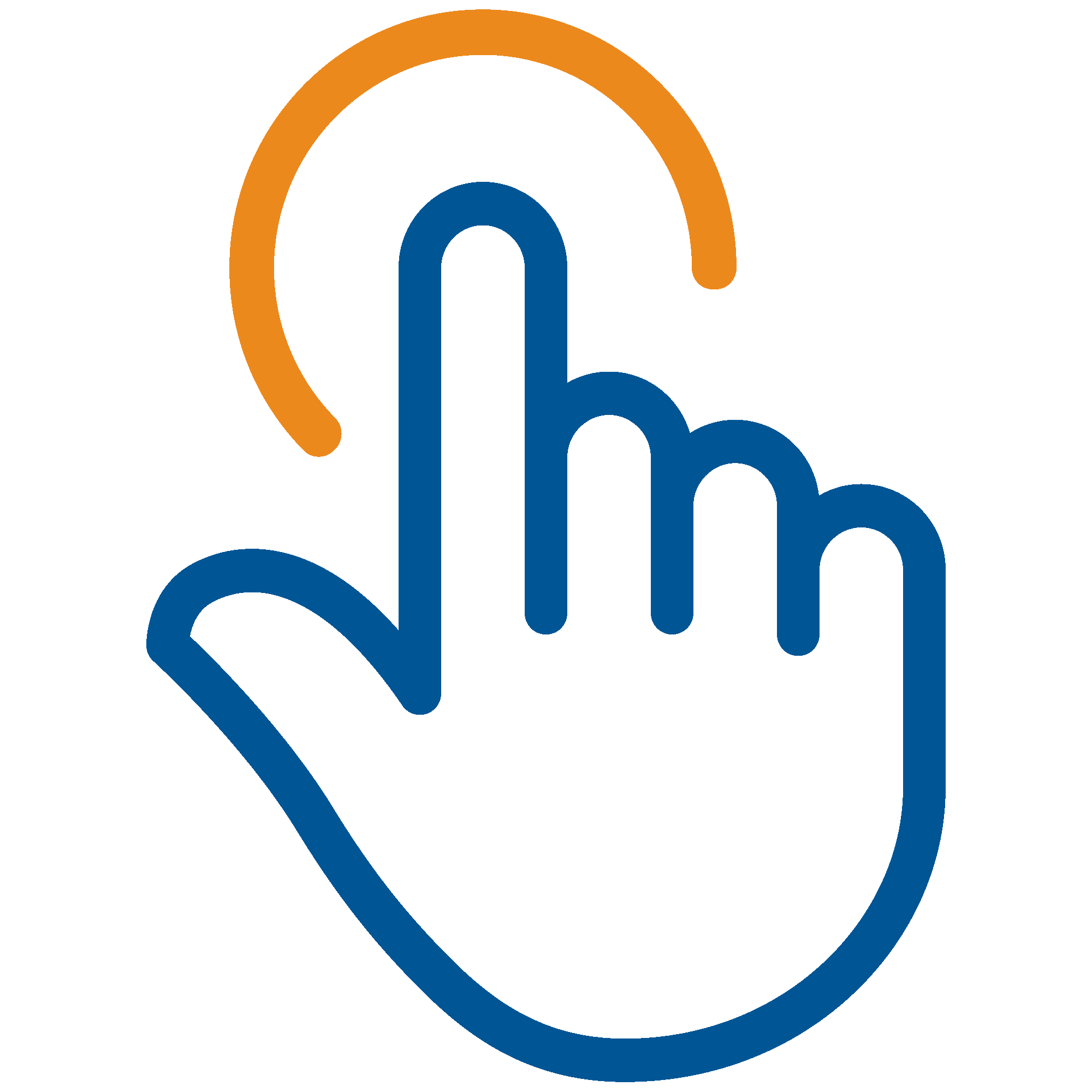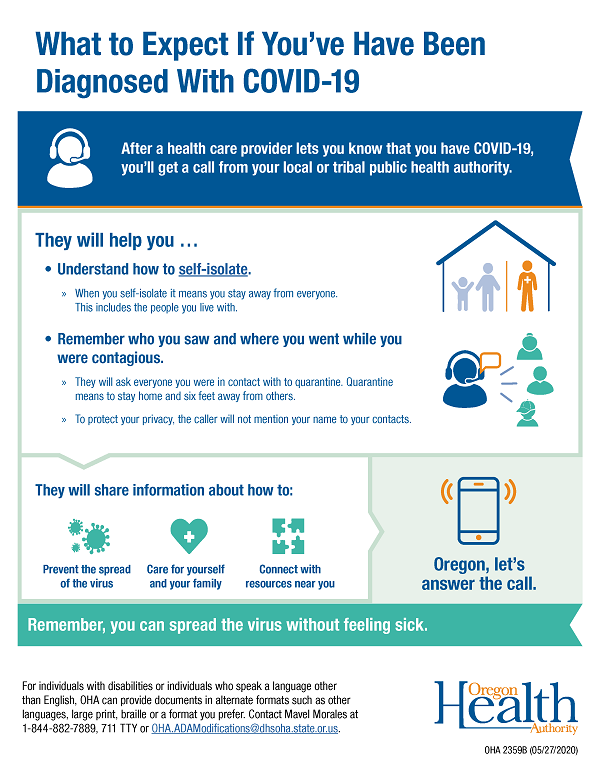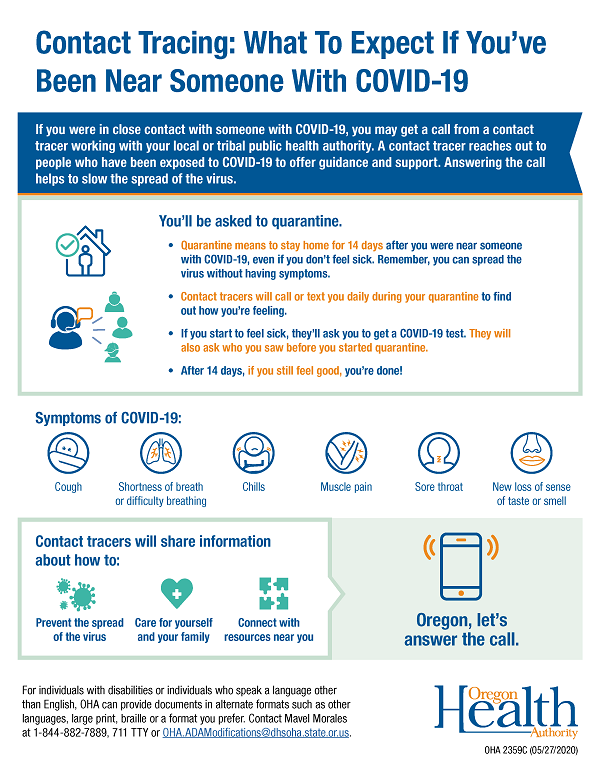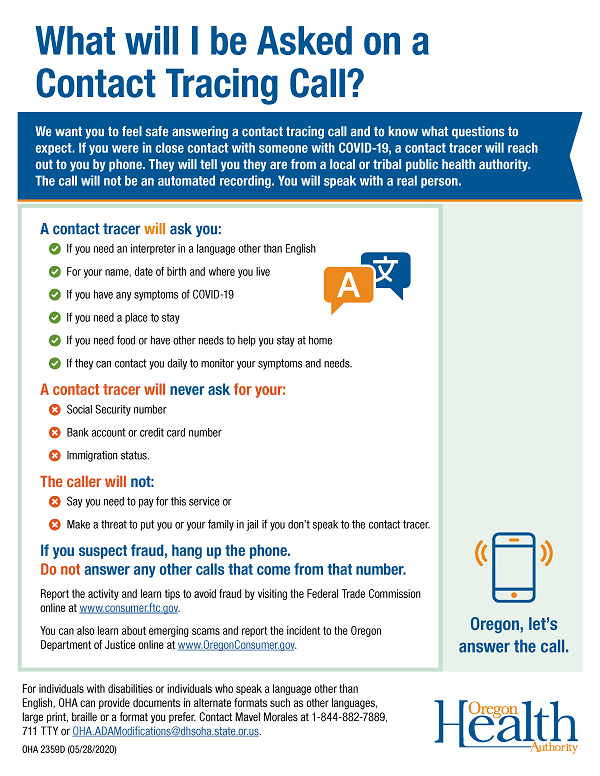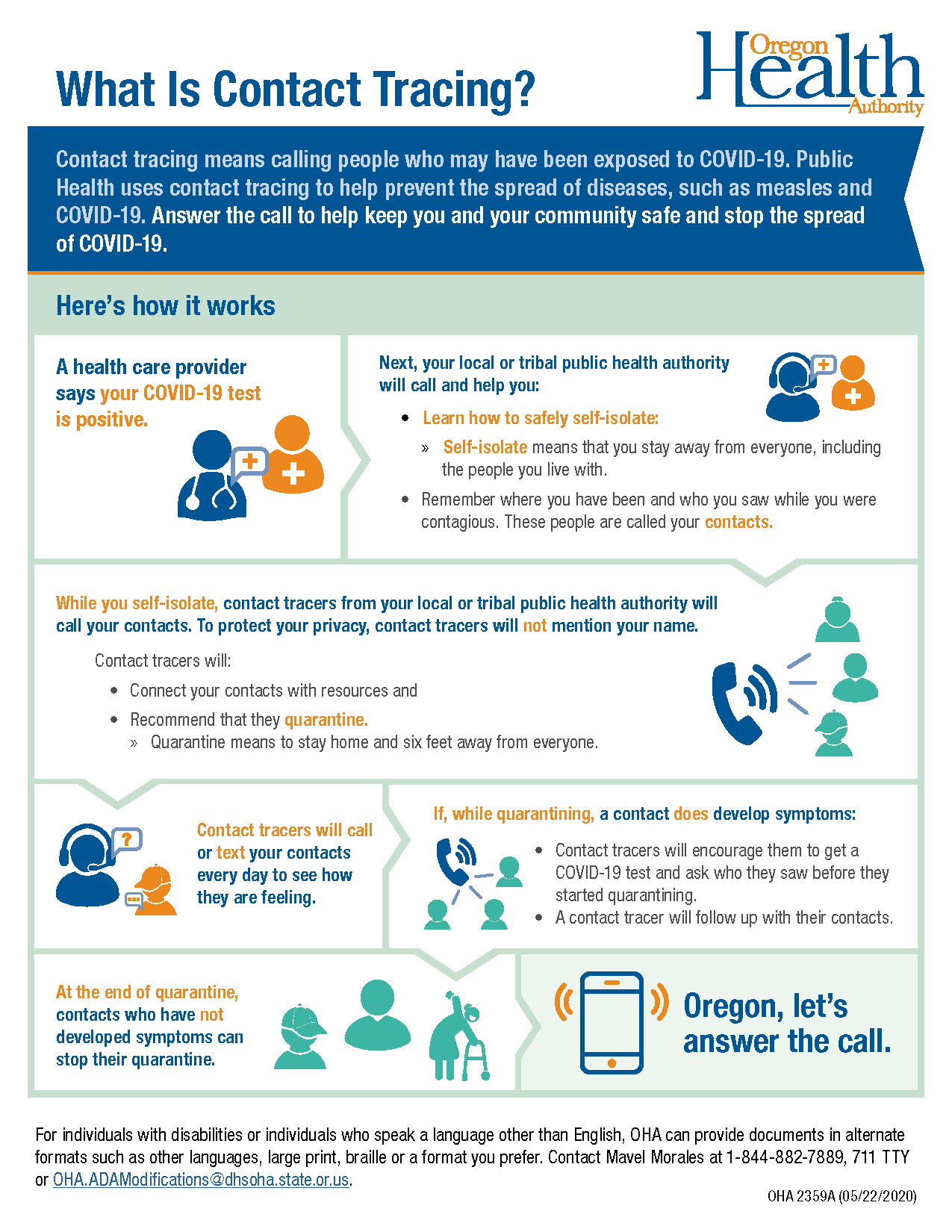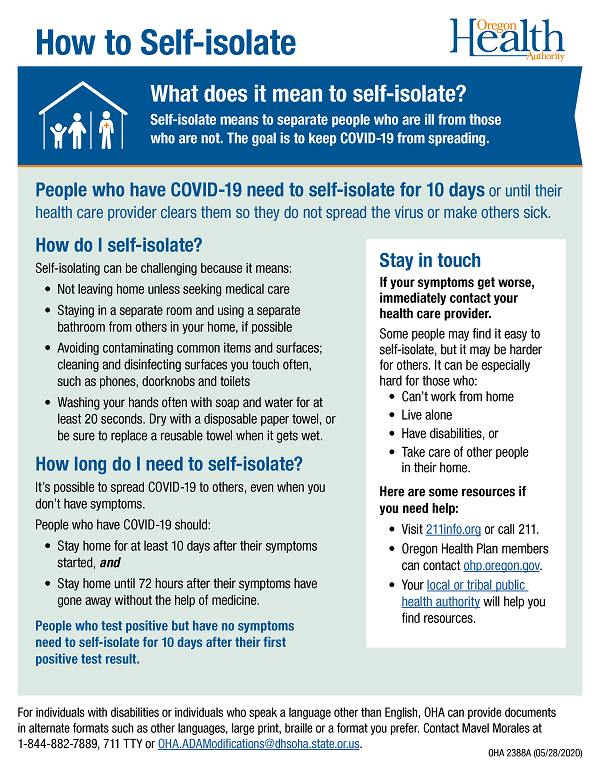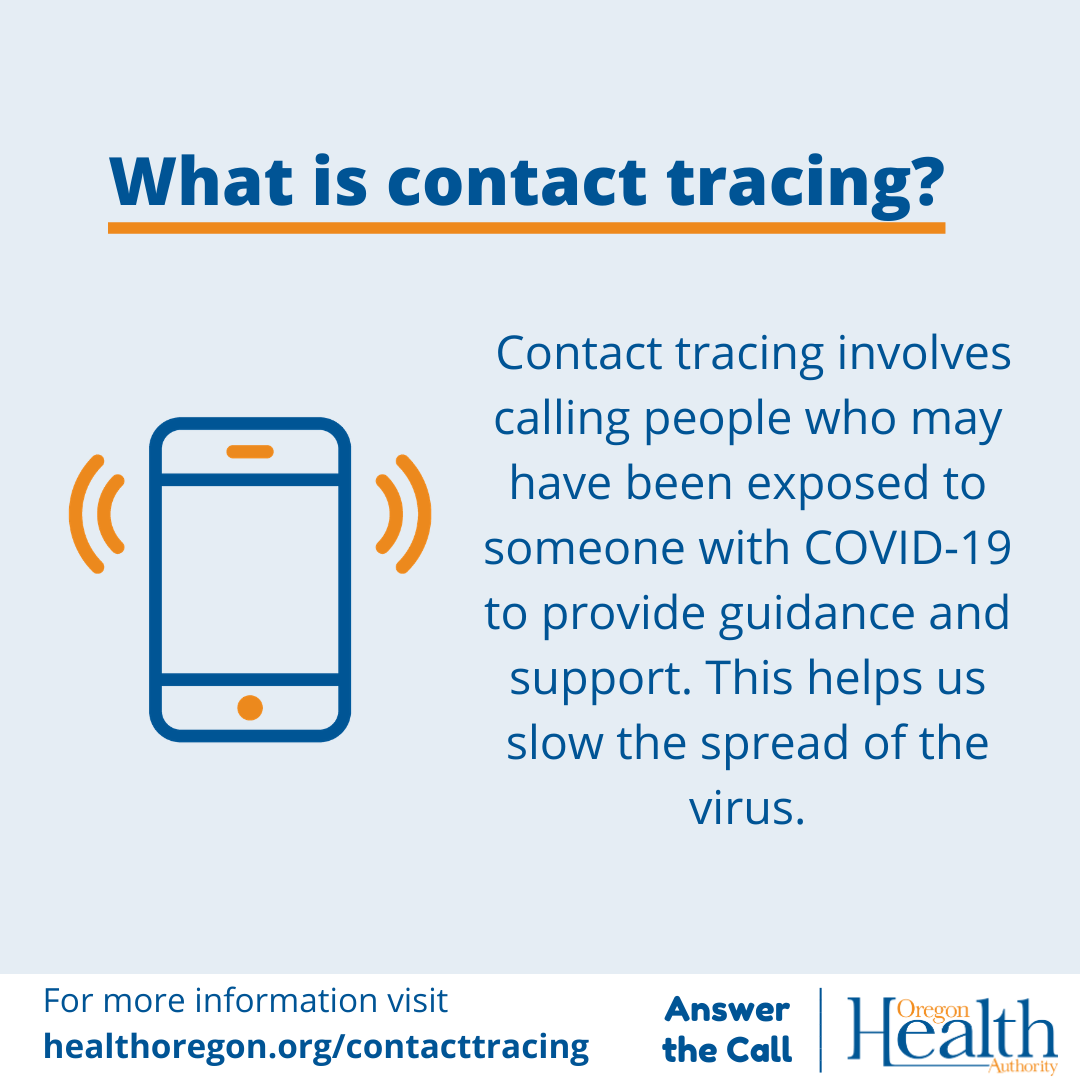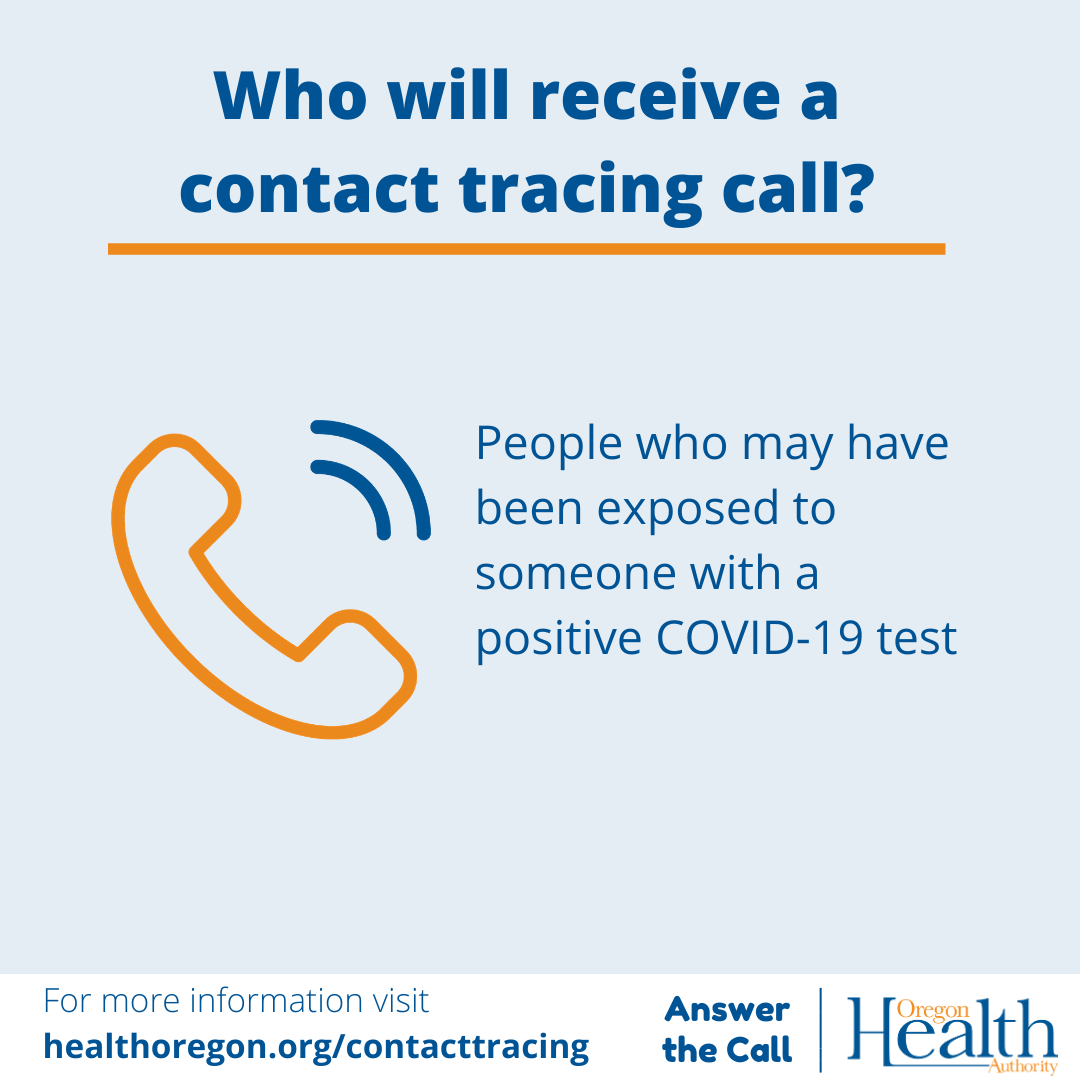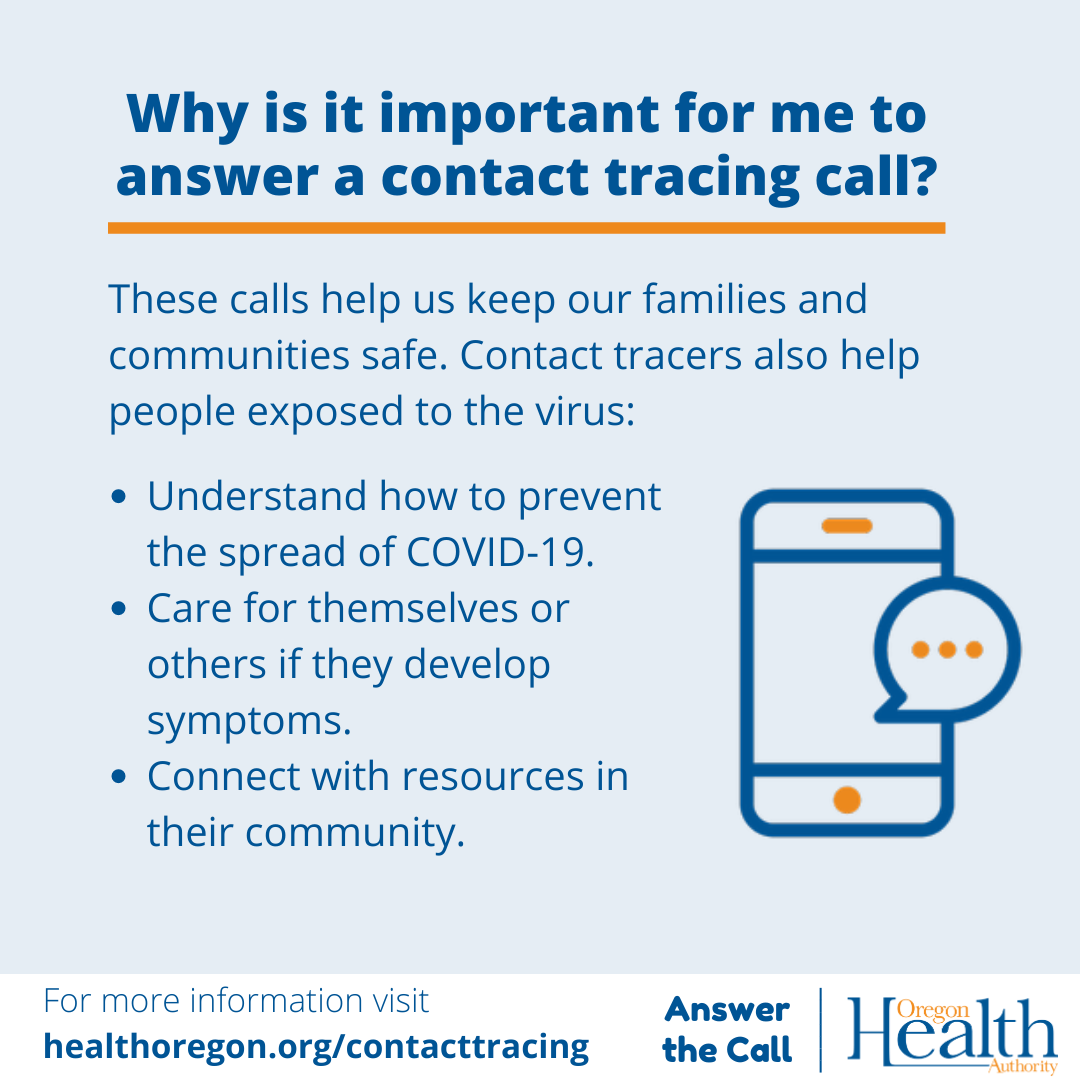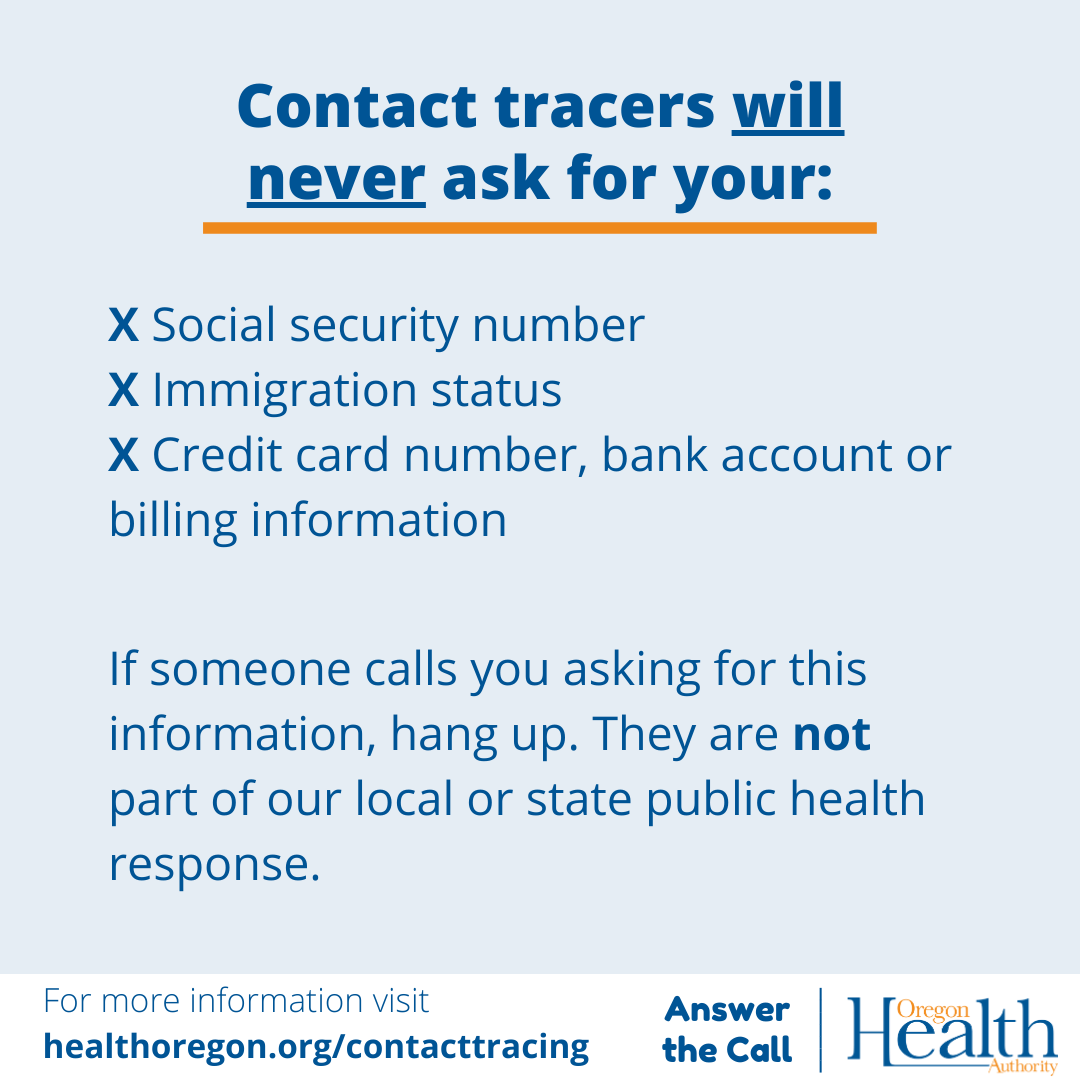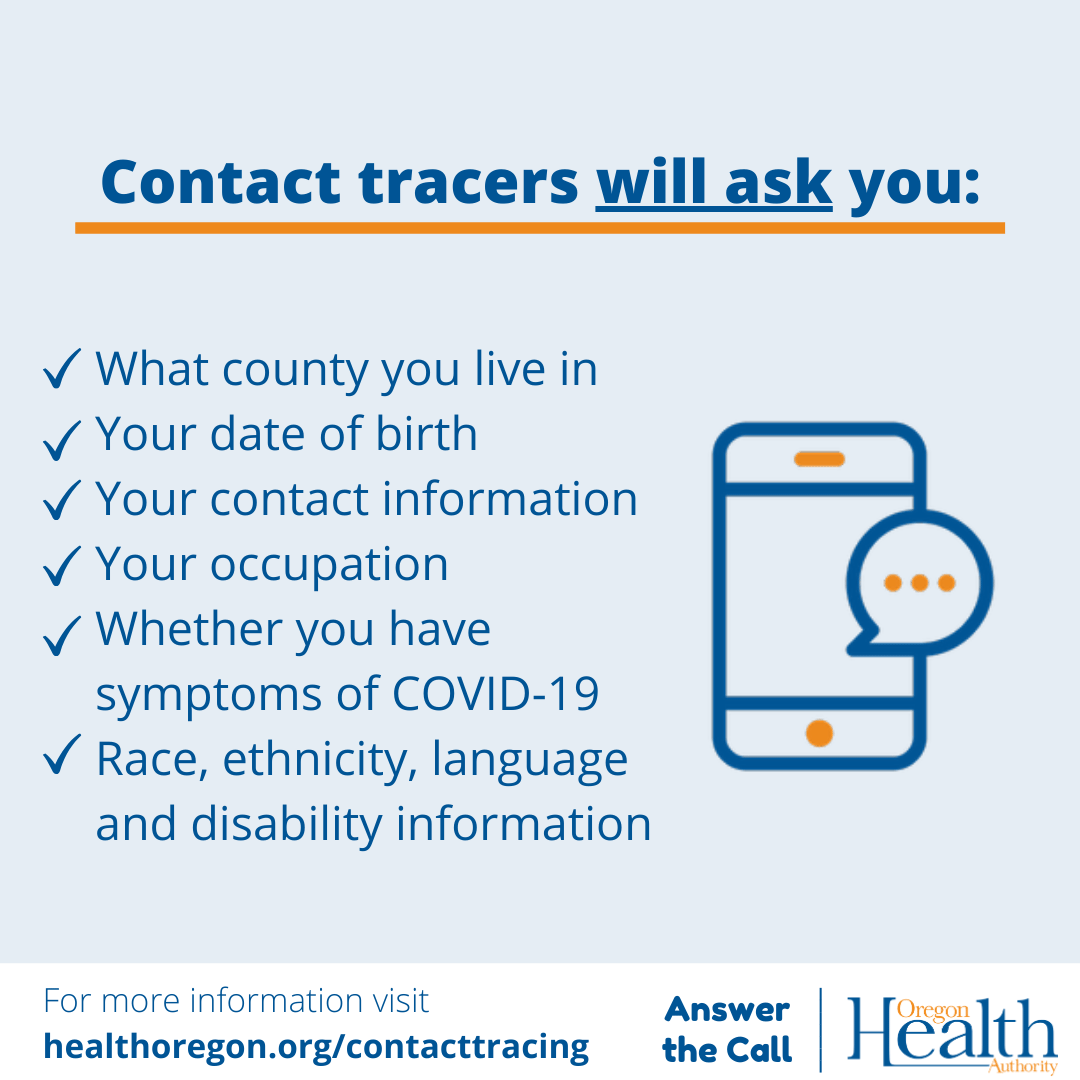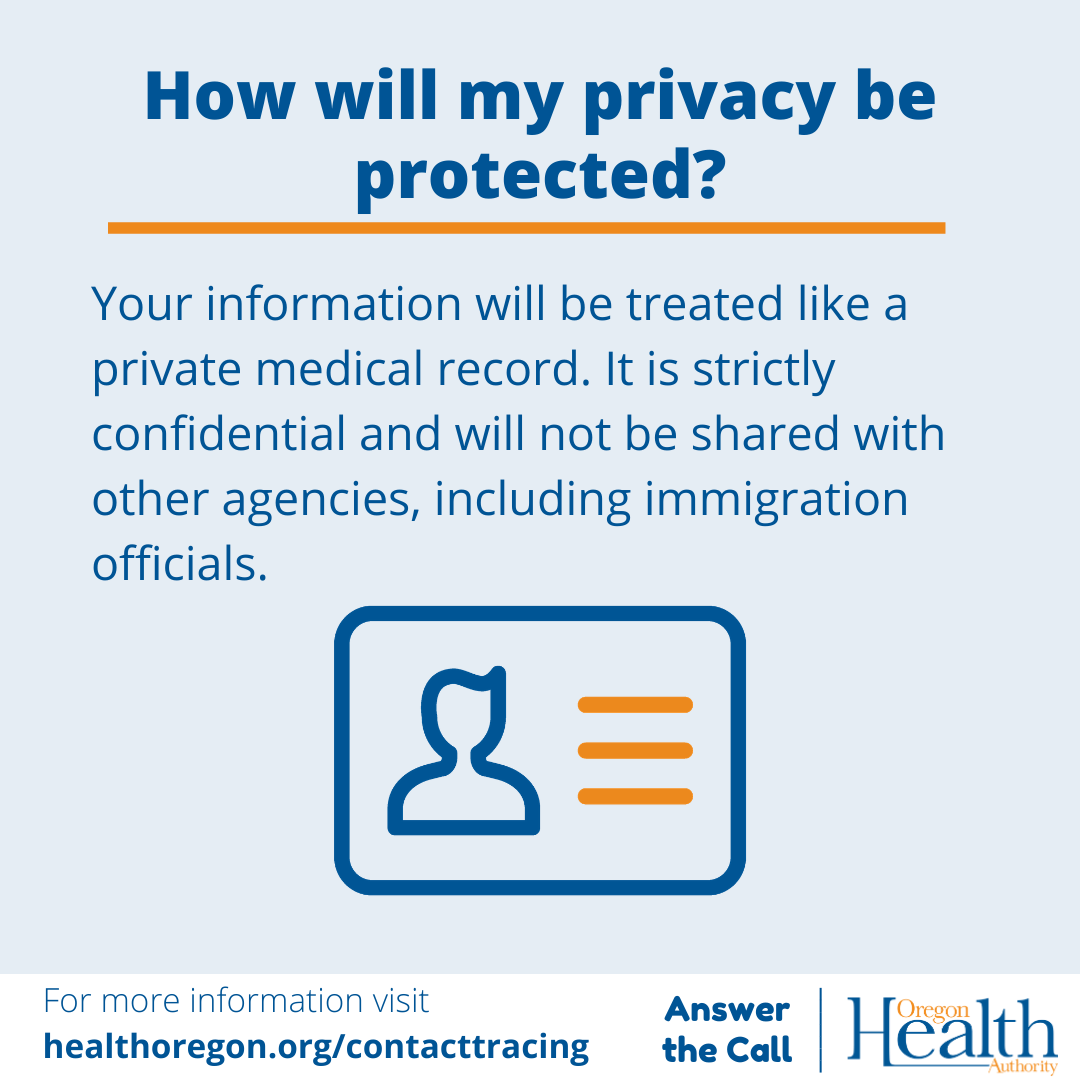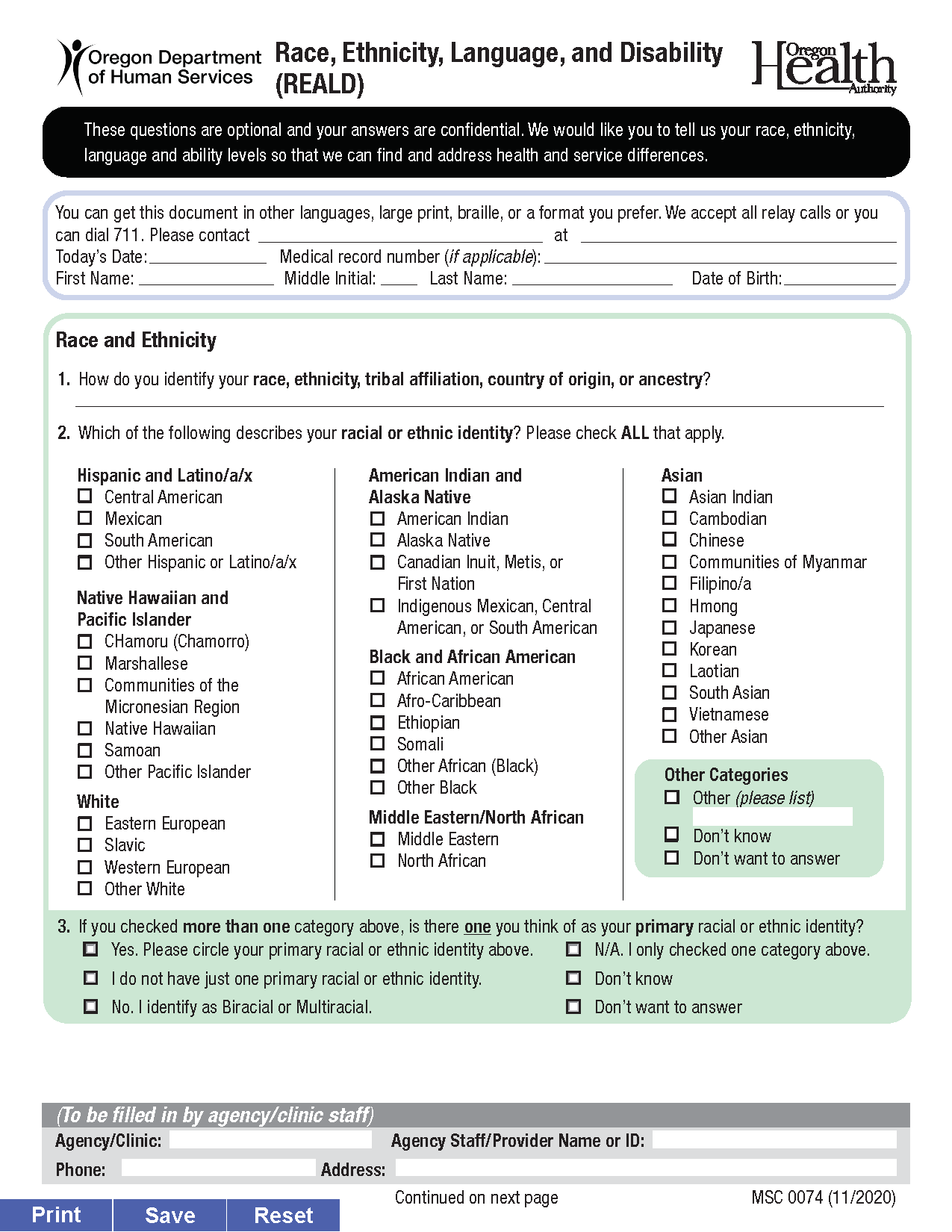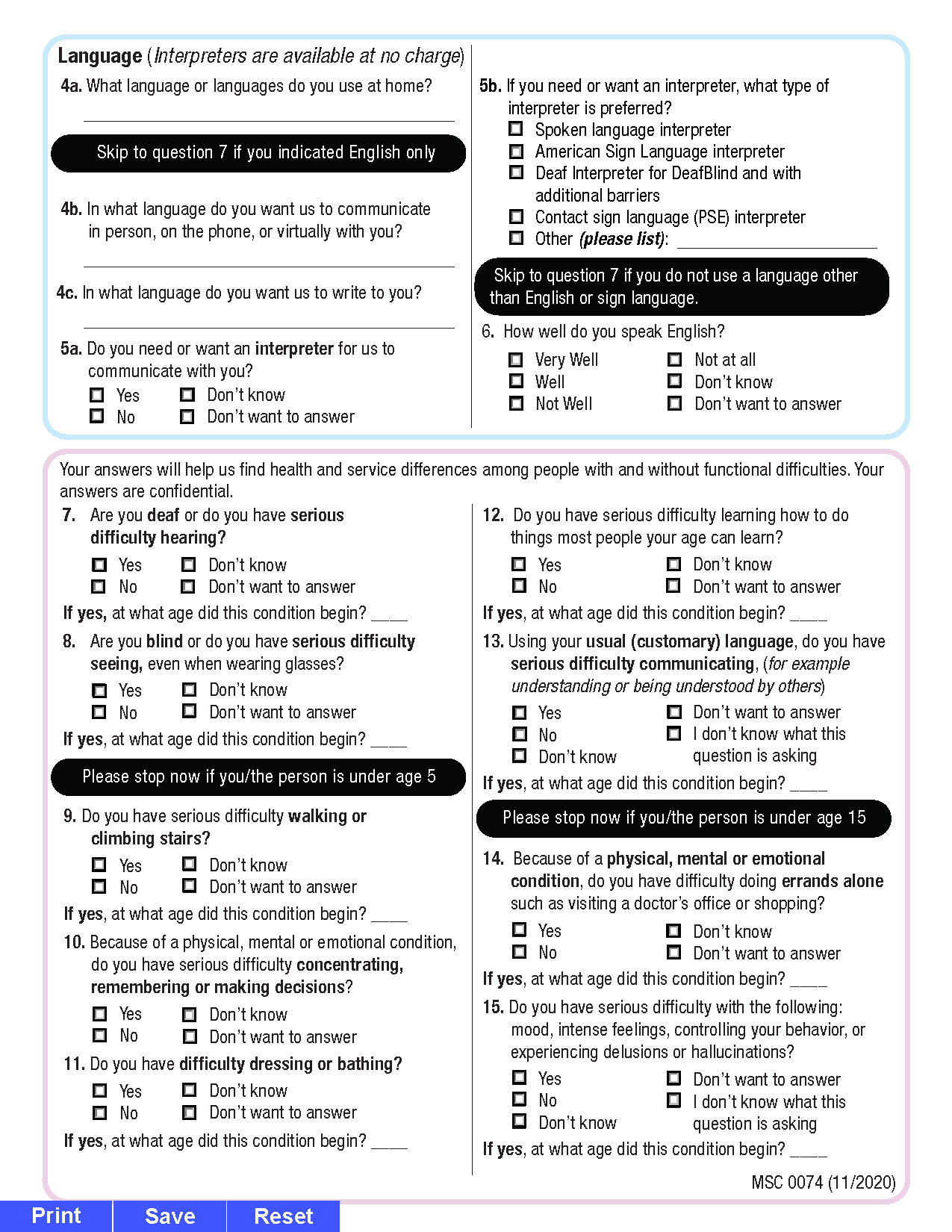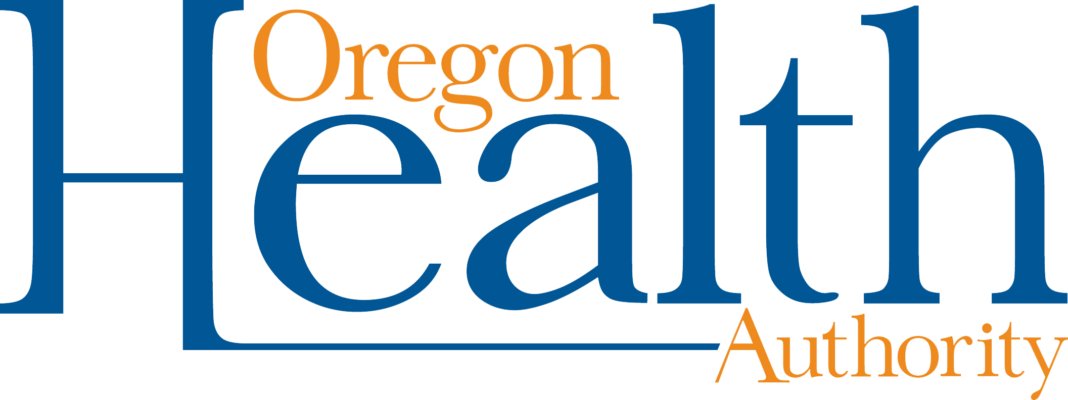
The Oregon COVID-19 Contact Collaborative is a statewide effort of the Oregon Health Authority, local and tribal public health authorities, and community-based organizations to stop the spread of COVID-19 through coordinated contact tracing. Working together, we provide guidance and support to people who have been exposed to COVID-19.
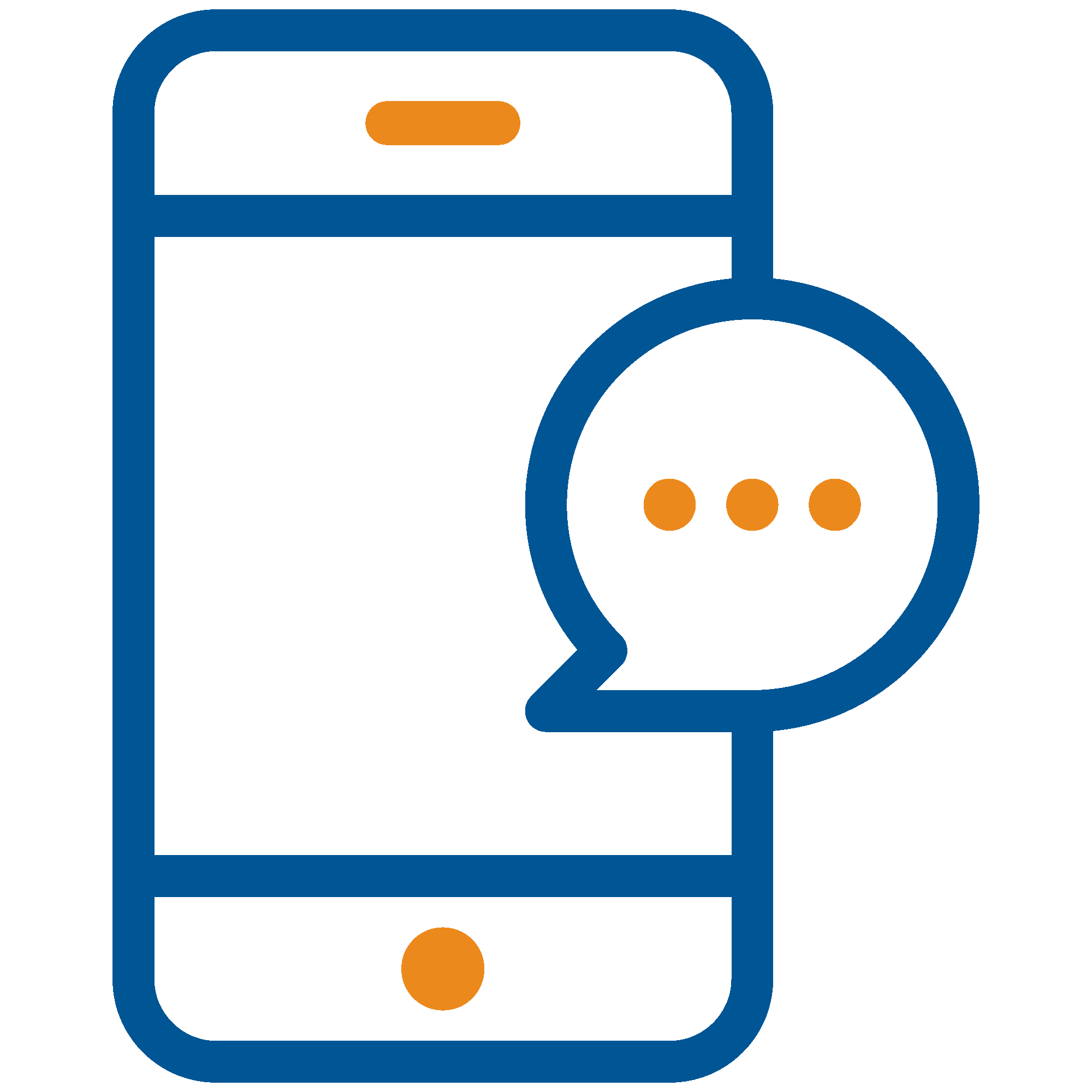
What is contact tracing and why does it matter?
Contact tracing means calling people who may have been exposed to someone who has tested positive for COVID-19 to provide guidance and support. It’s a key tool for preventing the spread of the COVID-19 virus. In Oregon, local public health authorities use contact tracing to prevent the spread of many types of diseases, like measles.
Contact tracers help you stay healthy and slow the spread of COVID-19 by:
- Talking with you about how to prevent the spread of the virus, including staying home or at a location provided by public health until the danger has passed. This is known as “quarantining.”
- Providing health information on how to care for yourself and others if you start having symptoms.
- Sharing resources available in your community that can support you while you quarantine.
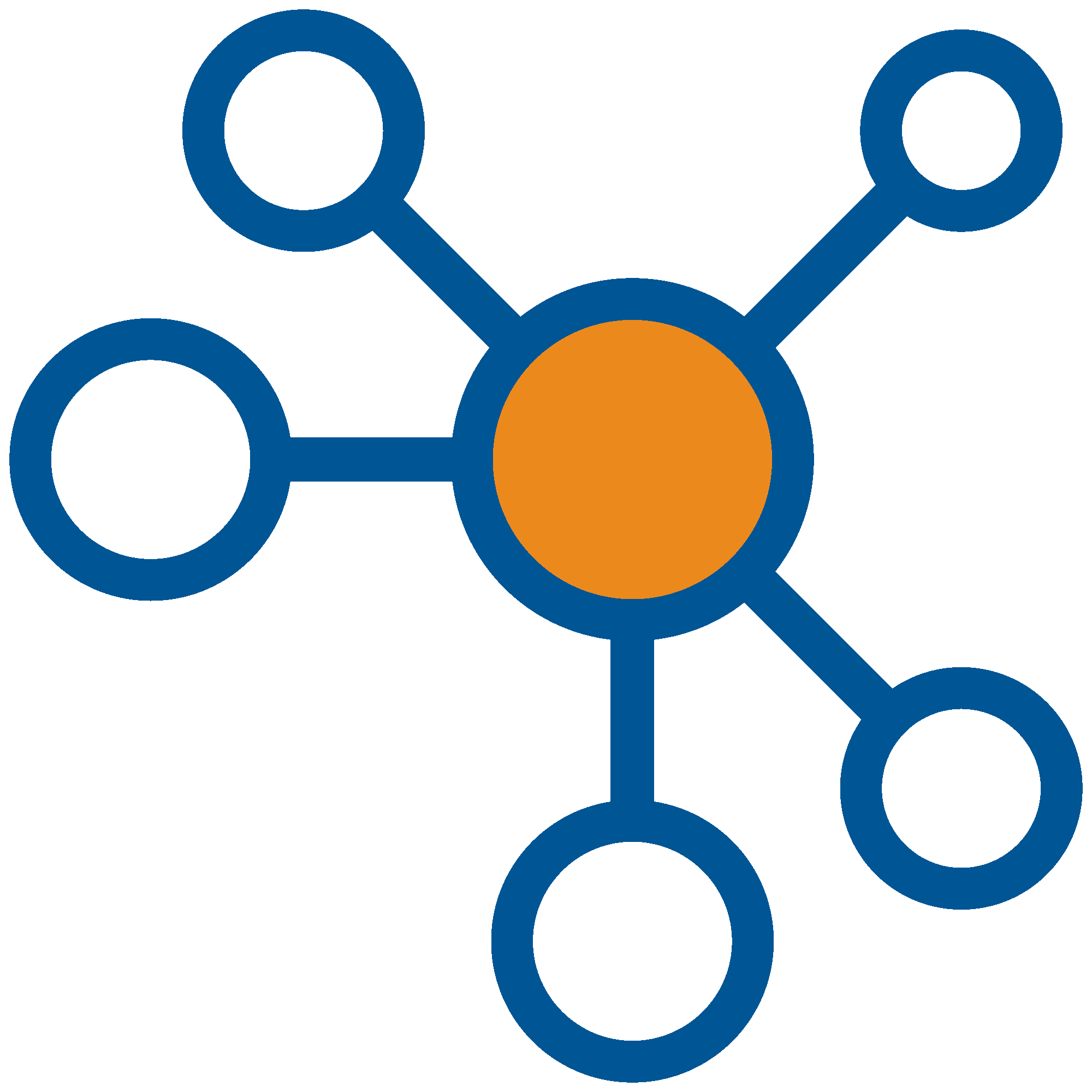
What is OHA’s strategy for reaching communities most affected by current and long-standing racism and oppression?
COVID-19 has disproportionately affected Black/African American, Latino, Latina, Latinx, Pacific Islander and American Indian/Alaskan Native communities in Oregon and across the United States. In an effort to address these inequities, the Oregon COVID-19 Contact Collaborative staff will be reflective of our diverse state and culturally responsive to the needs of all Oregonians.
Community-based organizations (CBOs), including advocacy groups, and Community Health Workers (CHWs) are central to the success of our contact tracing efforts. They will help us reach and respond to the needs of people of color, tribal members, people with disabilities, immigrant and refugee communities, LGBTQIA+ communities, and migrant and seasonal farm workers.
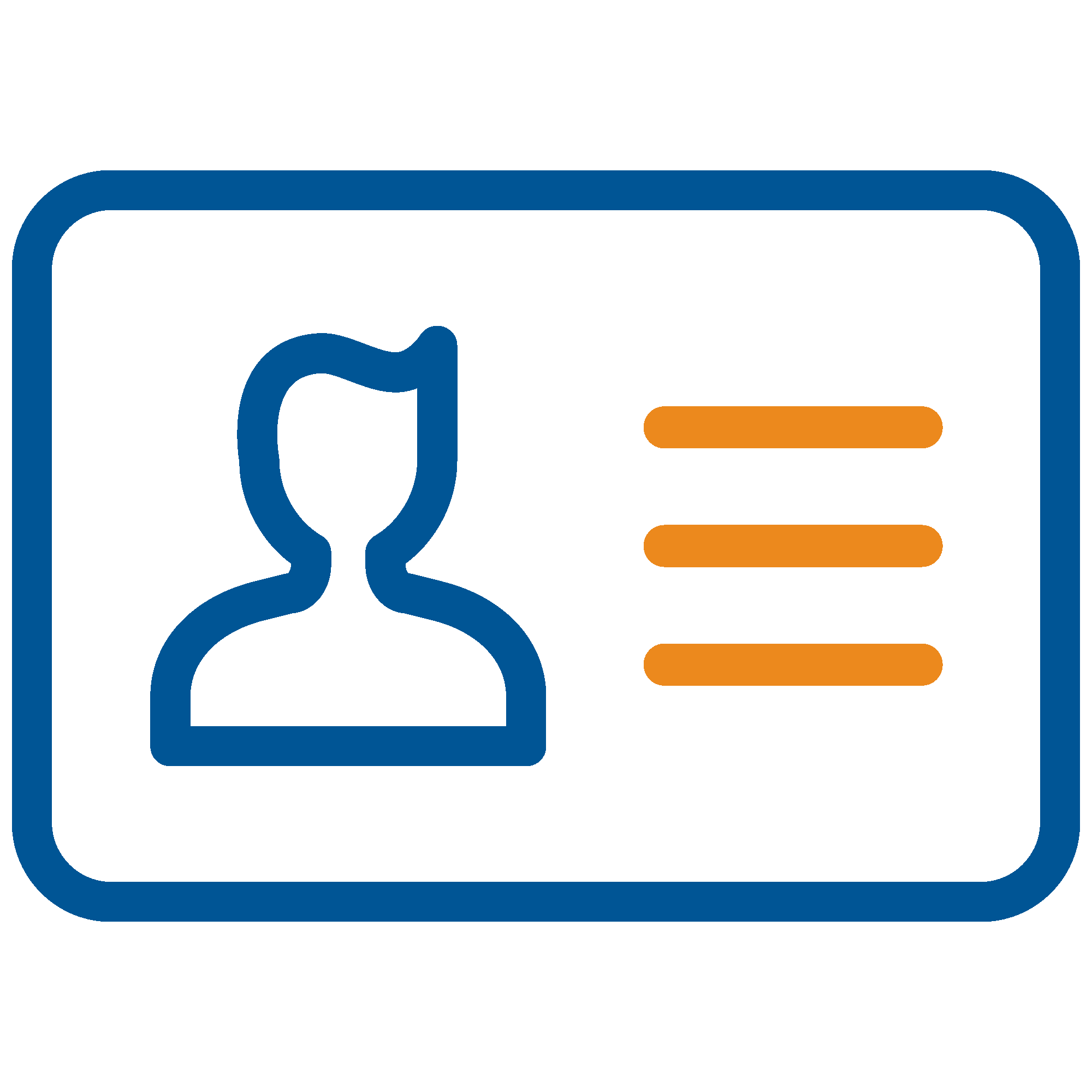
Your privacy will be protected
We want everyone to feel safe answering the call from a contact tracer. Your information is strictly confidential and will be treated as a confidential public health record. Your information will not be shared with other agencies, including immigration officials.
Contact tracers will ask you questions about race, ethnicity, language and disability in order to provide more equitable services to people who have been most affected by current and long-standing racism and oppression. You can see the types of questions you may be asked here.
Local and tribal public health authorities will ask:
- What county you live in
- Your date of birth
- Your contact information, including phone number, email address, and mailing address
- Your occupation
- Whether you have symptoms of COVID-19
- Race, ethnicity, language and disability information
Local public and tribal health authorities will never ask for your:
- Social security number
- Immigration status (Note: Information will not be shared with immigration authority or law enforcement. Getting tested or getting treatment for COVID-19 will not affect your ability to get permanent residency in the U.S.)
- Credit card number, bank account or billing information
If anyone calls you requesting this information, hang up. This could be someone trying to use your information for a scam.
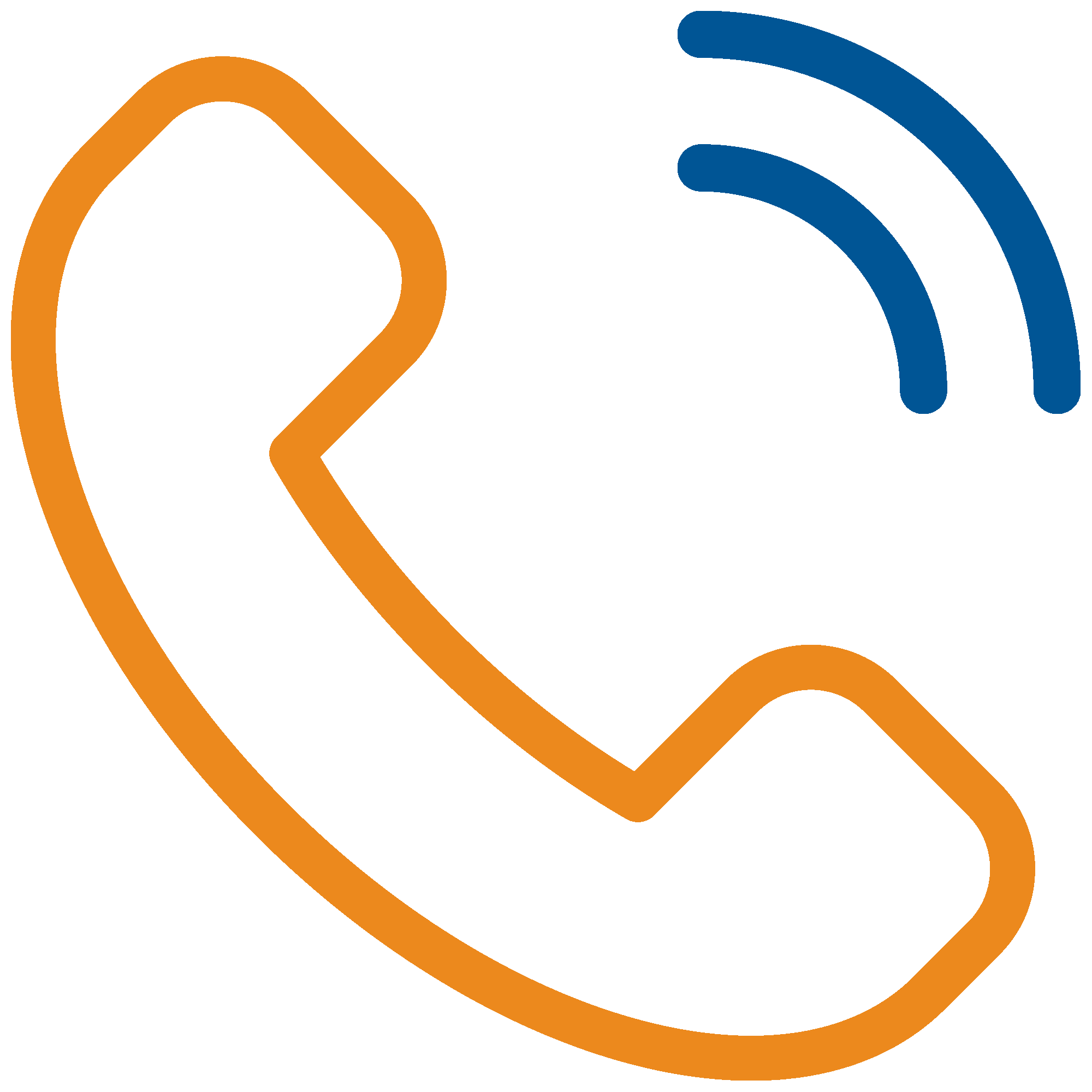
What to expect when you answer the call
Who will receive a call?
- People who have been diagnosed with COVID-19.
- People who may have been in contact with someone diagnosed with COVID-19.
If you are concerned about answering a call from a number you don’t know:
- If the contact tracer is unable to reach you, they will leave a voicemail clearly identifying themselves and will request that you call back. The voicemail will not contain any health information.
If you suspect fraud, hang up the phone. Do not answer any other calls that come from that number:
- Report the activity and learn tips to avoid fraud by visiting the Federal Trade Commission online at www.consumer.ftc.gov. You can also learn about emerging scams and report the incident to the Oregon Department of Justice online at www.OregonConsumer.gov.
If you have a confirmed positive COVID-19 test
A local public or tribal health official will call and encourage you to self-isolate.
Self-isolation means…
- Staying away from everyone, including the people you live with and family members.
- Not sharing utensils or bathrooms with others.
- Only leaving home to seek medical treatment.
Self-isolate for:
- At least 10 days after your symptoms began
AND - At least 24 hours after your fever is gone (without the use of fever-reducing medication) and your symptoms improve.
Even if you don’t have symptoms or feel sick, self-isolate for 10 days after you are first diagnosed with COVID-19.
Local public or tribal health will:
- Help you remember the places you visited and the people you have been around before you began self-isolating. These people are called your contacts.
- Help you understand how to prevent the spread of the virus, how to care for yourself, and how to connect with local resources if needed.
Your privacy will be protected
Local public or tribal health will reach out to your contacts and ask them to quarantine. Your privacy will be protected, and your contacts will not be told your identity.
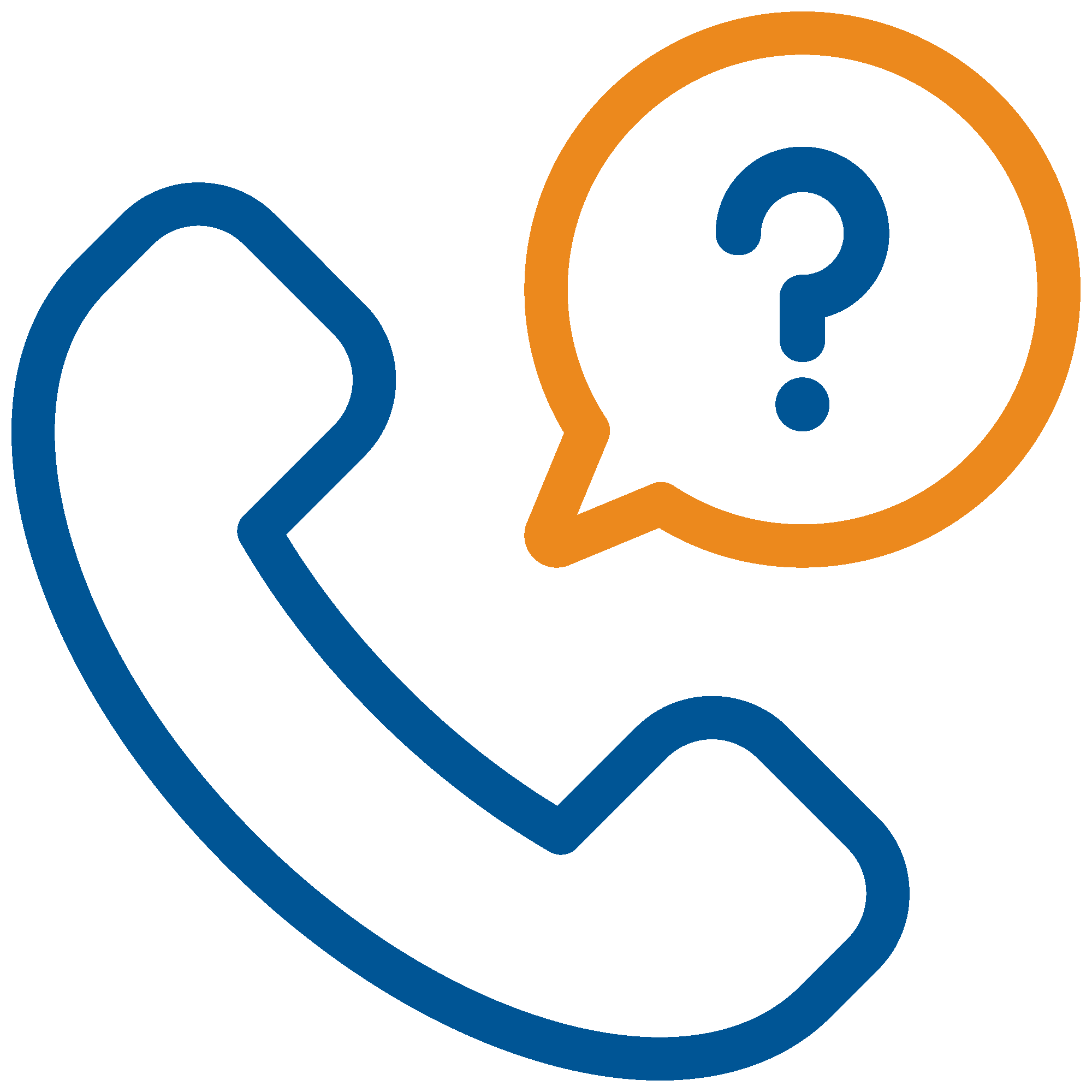
If you have been exposed to someone with COVID-19
Contact tracers working with local public or tribal health authorities will call to let you know that you have been in contact with someone who has COVID-19.
They will ask you to quarantine.
Quarantine means...
- Stay home and at least six feet away from everyone, including the people you live with, for 14 days.
A 14-day quarantine is the safest option to prevent the spread of COVID-19 to others.
During your quarantine, contact tracers will:
- Call or text you daily to see how you are feeling.
- Encourage you to get tested for COVID-19 if you have symptoms and feel sick.
- Connect you with resources in your local community if needed.
If you do not experience any symptoms or get sick after your 14 days of quarantine, you may end your quarantine and resume your normal activities.
If you have received the COVID-19 vaccine, you do not need to quarantine if:
- You have received both doses of a two-dose COVID-19 vaccine (or one dose of a single-dose vaccine if it becomes available) AND
- It has been at least 14 days since your final dose of COVID-19 vaccine AND
- You have no COVID-19 symptoms
You should still monitor yourself for COVID-19 symptoms during the 14 days after exposure, and if symptoms develop, you should isolate and seek testing.
COVID-19 symptoms
Cough, shortness of breath, or difficulty breathing.
Fever, chills, repeated shaking with chills, muscle pain, headache, sore throat, or new loss of taste or smell.
Is the Oregon COVID-19 Contact Collaborative working with other groups doing research on COVID-19 like OHSU and OSU?
OHSU’s The Key to Oregon Study and OSU’s TRACE initiative are research studies to track the spread of COVID-19 in Oregon. They are not related to our local public health contact tracing efforts. However, if during their research activities, a person with a positive COVID-19 test is found, local public health authorities will follow up to provide support and to see if they may have exposed others to the virus.
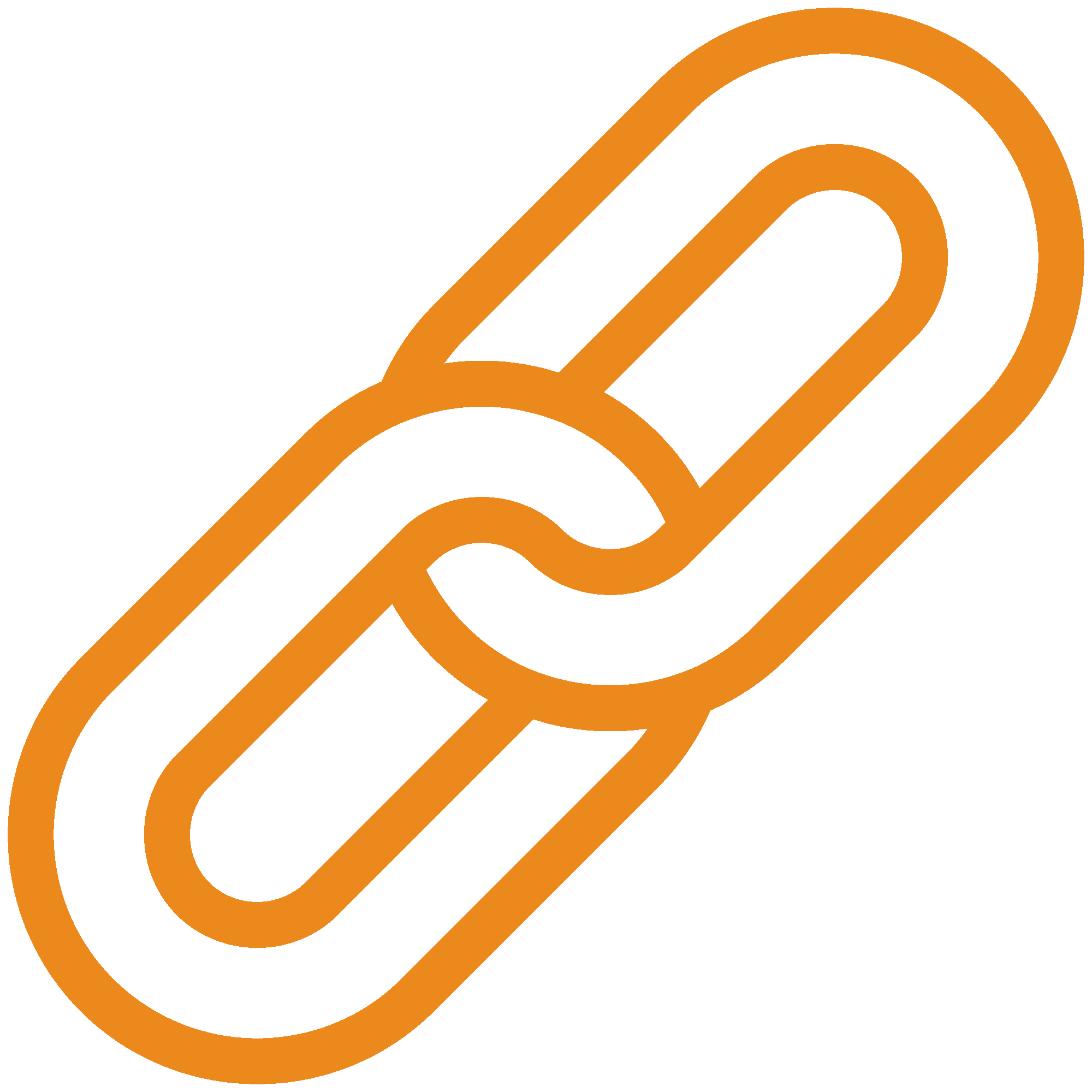
About the Oregon COVID-19 Contact Collaborative
The Oregon COVID-19 Contact Collaborative is a joint effort with Oregon Health Authority (OHA), local health authorities, health districts, tribal authorities and community-based organizations, to reduce the spread of COVID-19 through coordinated, state-wide contact tracing.
Together we can keep Oregonians healthy and stop the spread of COVID-19 in our state.
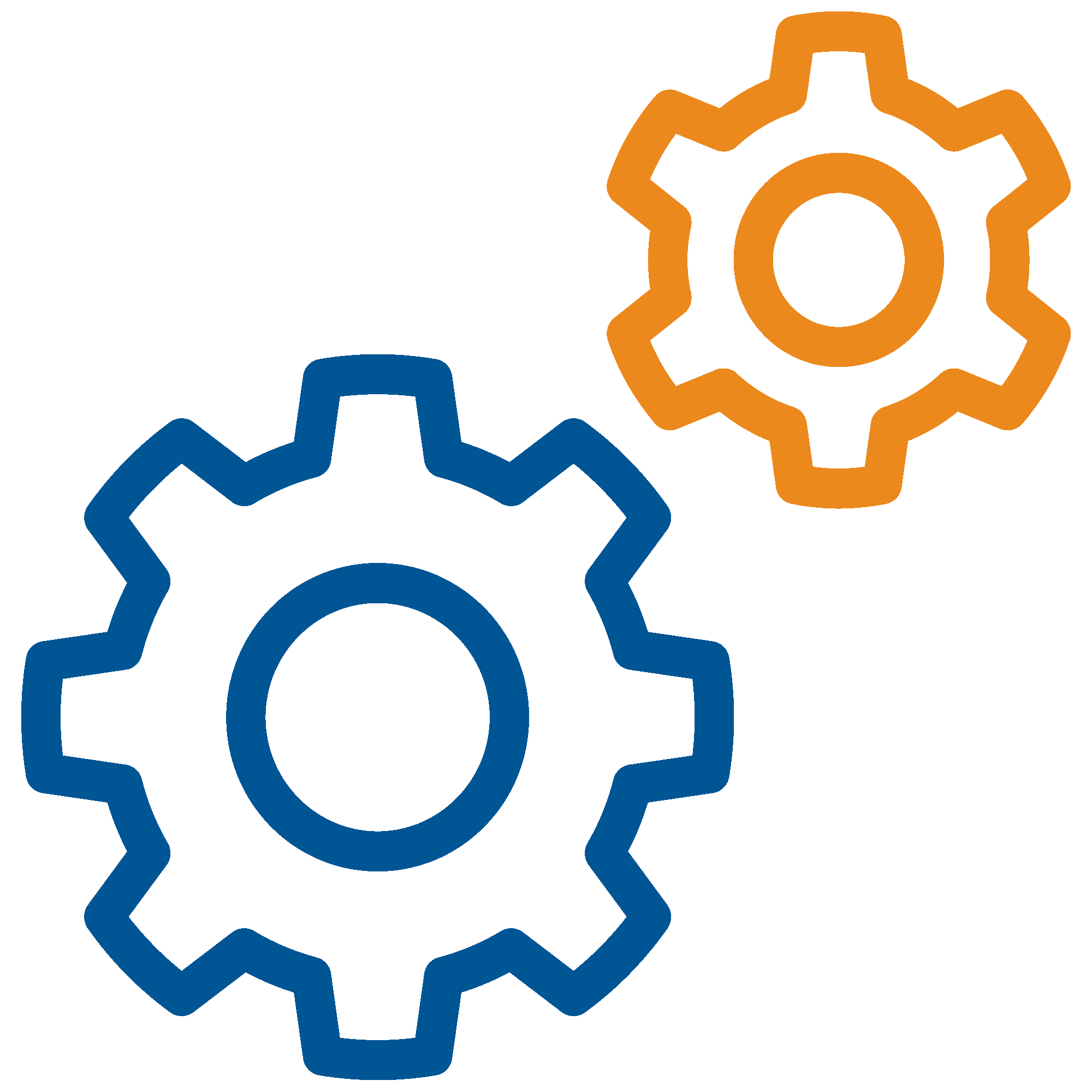
Accessibility: For individuals with disabilities or individuals who speak a language other than English, OHA can provide information in alternate formats such as translations, large print, or braille. Contact the Health Information Center at 1-971-673-2411, 711 TTY or COVID19.LanguageAccess@dhsoha.state.or.us
Printing requests: You can download materials on this page. OHA does not offer paper versions. Please feel free to print whatever you need.
Language access: OHA is working to provide original content in languages other than English. Many of the materials in our community resources section are available in multiple languages. OHA is also providing the Google™ Translate option to assist you in reading the OHA website in languages other than English. Google™ Translate cannot translate all types of documents and may not provide an exact translation. Anyone relying on information obtained from Google™ Translate does so at their own risk. OHA does not make any promises, assurances, or guarantees as to the accuracy of the translations provided.
General questions: COVID.19@dhsoha.state.or.us Because of the large volume of questions, OHA cannot directly reply to emails.
Website feedback: Health.Webmaster@dhsoha.state.or.us
Facebook Español Twitter YouTube
